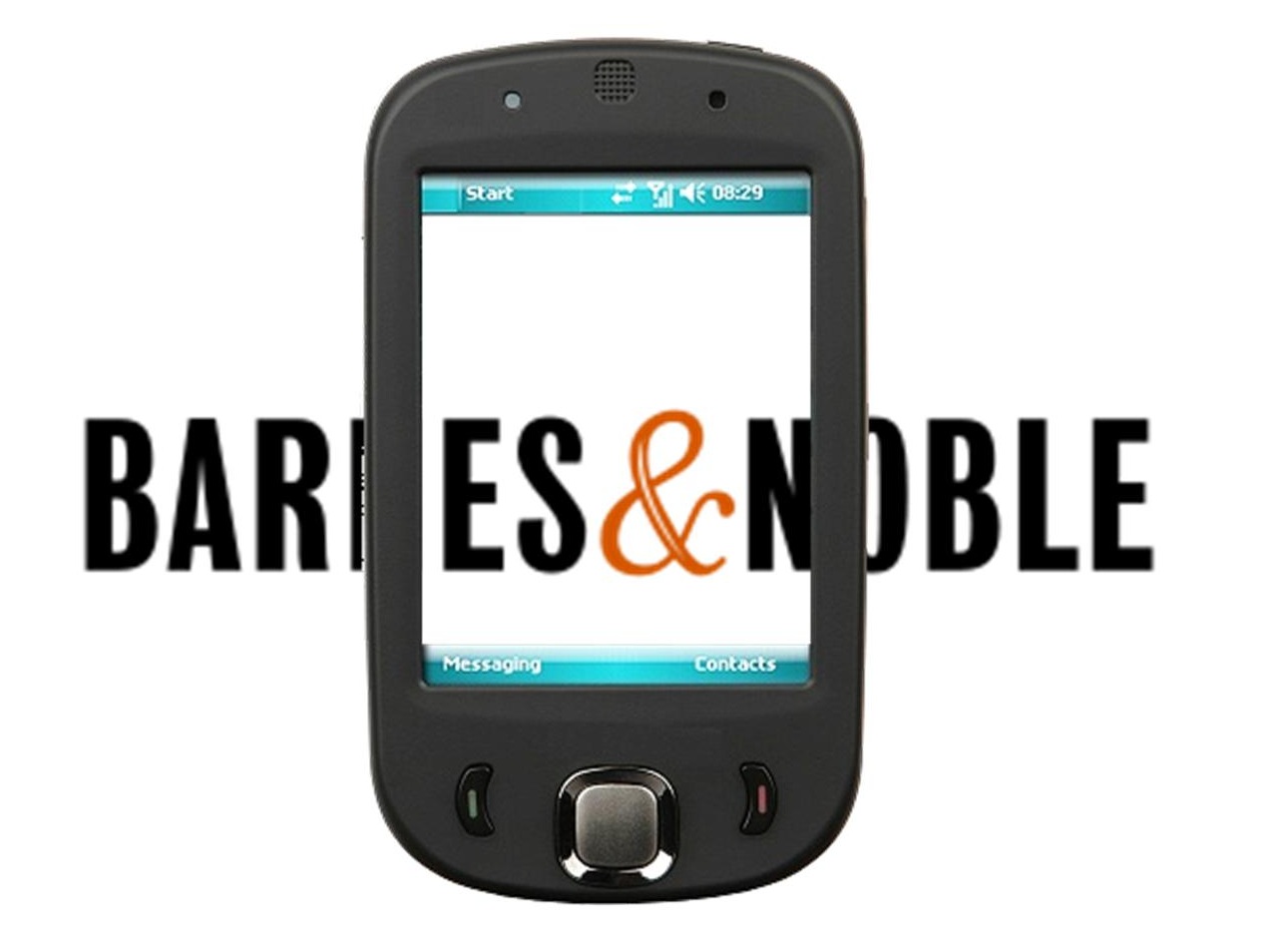 Barnes & Noble wins acclaims for simplistic approach to mobile commerce
Barnes & Noble wins acclaims for simplistic approach to mobile commerce
Keynote, a leading Internet and mobile cloud testing and monitoring firm, has released the latest results of its Keynote Mobile Commerce Performance Index. The Index ranks companies based on their mobile commerce services and consumer engagement in e-commerce. Companies that offer accessible mobile commerce services to consumers generally earn the top spot on the Index. According to Keynote’s latest results, the top company in this regard is Barnes & Noble.
Simplicity may be the best approach
Barnes & Noble has managed to reach the top spot on the Keynote Index due to its very simplistic approach to mobile commerce. The company, which boasts of a strong online presence, offers services that are both easy-to-use and convenient for consumers that like to shop from their mobile devices. Other retailers tend to provide somewhat complicated services to consumers, which can make mobile commerce somewhat of a hassle for those wanting to purchase products from their mobile devices. Barnes & Noble, however, believes that simplicity is the key to success.
Company continues to beat out competitors in retail
The company has managed to beat the odds when it comes to the retail sector. Specializing in book sales, Barnes & Noble has been fighting to retain a strong presence in the retail industry as consumers become more tech-savvy. In 2011, one of the company’s major competitors, Borders, went out of business due to lackluster sales of physical products. Borders had a very modest presence in the online world and was not accommodating to mobile commerce, which contributed to the company’s downfall. After Borders became defunct, Barnes & Noble was quick to acquire its competitors trademarks and customer list.
Simplicity may help company retain top spot in Index
When it comes to e-commerce, Barnes & Noble’s major competitor is Amazon. Keynote notes that the company has managed to acquire a great deal of favor from consumers due to its focus on making its mobile commerce services simple and accessible. If the company can continue offering easy-to-use services, it may continue earning the top spot on Keynote’s Index.

 Businesses in Canada seem interested in the technology but are wary of the costs that will be involved.
Businesses in Canada seem interested in the technology but are wary of the costs that will be involved.